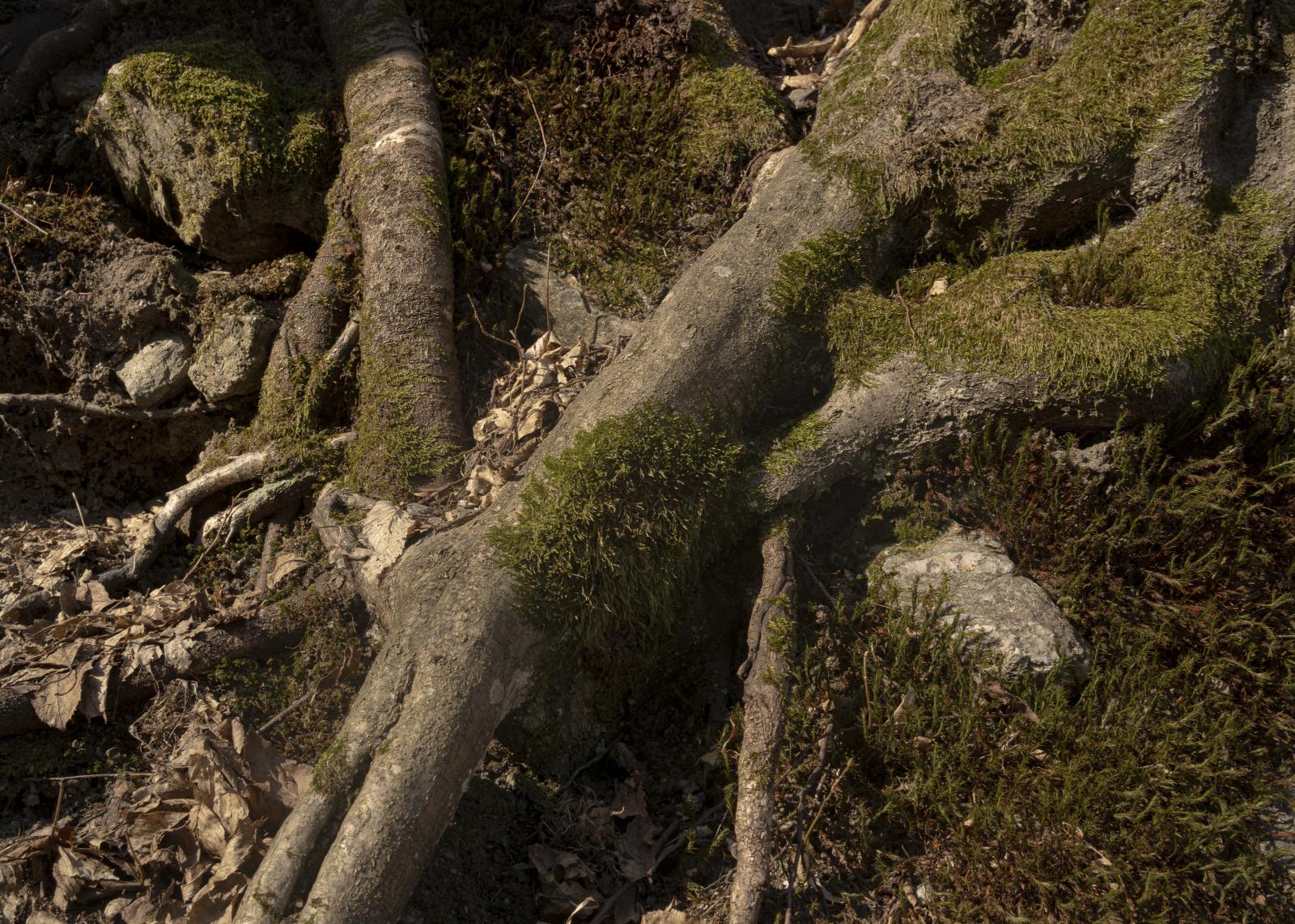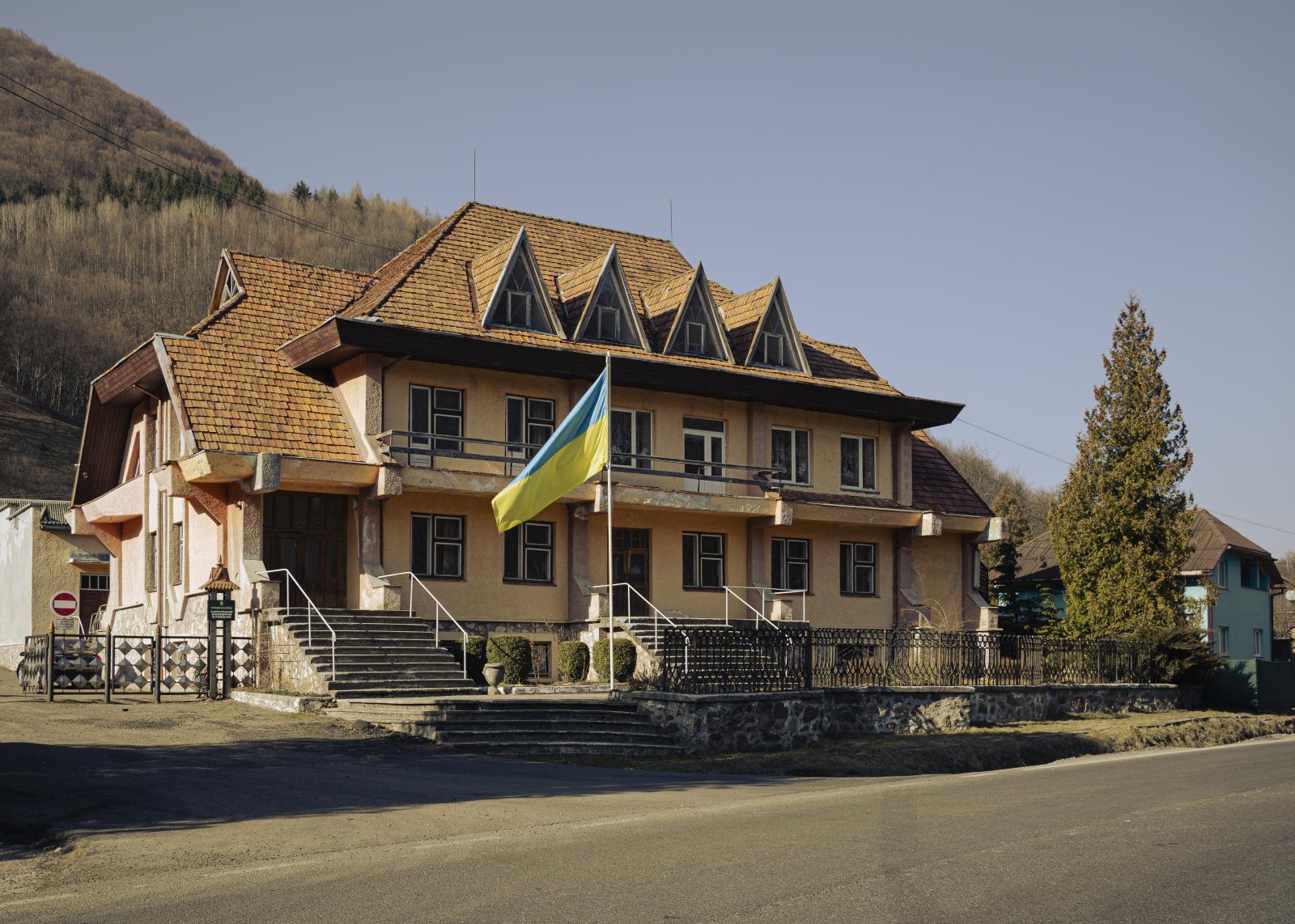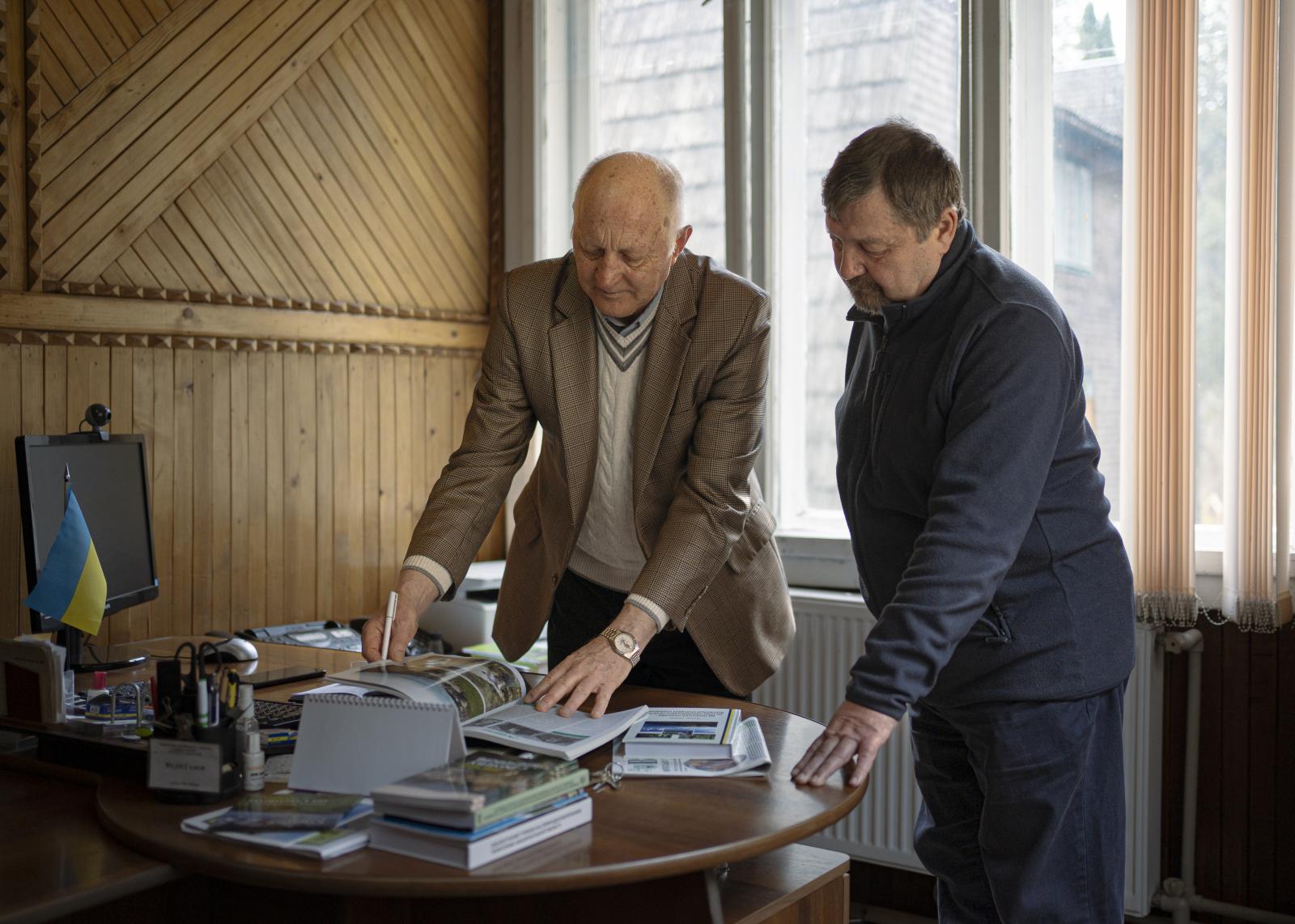Public Project
NZZ am Sonntag: Why Nature also suffers from the War
Written by the wonderful Andrea Jeska
→ The story
South of the western Ukrainian city of Lviv in the Carpathian Mountains, all seems well. The war is an event in another world. In the Transcarpathian region, on the border with Romania, lies Rakhiv, a sleepy little town with 15,000 inhabitants. A unique belt of copper beeches stretches from Rakhiv to the west for 200 kilometers. The world's oldest beech trees can be found there: up to 35 meters high and up to 600 years old. These forests have never been cultivated, no human foot has trampled the vegetation. These are some of the last primeval beech forests in Europe, a Unesco-recognized World Heritage Site. They are still intact. But the war is endangering their existence.
In total, the fires caused by attacks in July 2022 have already destroyed 100,000 hectares of nature. This is according to satellite data from the European Forest Fire Information System. Even before the war, there had already been a loss of biodiversity in Ukraine, according to the WWF, and climate change had taken its toll on nature. The war is exacerbating an already tense situation and is also preventing improvements, as all relevant activities and investments have virtually ceased.
Even though there is still peace in Transcarpathia, there have also been problems with forest protection there since the war began. This is because the rangers and foresters are at the front or have joined the self-defense groups, and now the daily guard rounds are missing..
 NZZ am Sonntag
NZZ am SonntagEmpfehlungen der Redaktion, Schwerpunkte und Entdeckungen aus dem NZZ Magazin.
Magazin.nzz.ch
2,770















